Financial and operational risks mitigated with reconciliation automation
A special ReconArt feature first published on Bobsguide – the ultimate fintech resource, an innovative online platform that connects the providers of fintech solutions with the financial services professionals who need them.
Read the article here as well.
The reconciliation processes are a critical aspect of the accounting cycle. They can be tedious and time-consuming, but а reconciliation software largely eliminates these challenges. Modern reconciliation solutions such as ReconArt provide a proper and timely response to typical operational risk situations. As a sound risk mitigation measure, daily reconciliations can, and should, be secured with software automation whenever financial data is involved.
Reconciliation automation prevents manual errors
Manual data entry errors are a common source of reconciliation discrepancies. Accountants know that a simple typo can ruin the account balance crosscheck and tracing it can take hours of nail biting. The reconciliation software can minimize these trivial human errors by carrying out the data upload automatically in a unified environment. Data integrity and comparability across systems is preserved even when multiple file formats conversion is required. This data preparation step performed prior to the matching is crucial to avoid headaches in the matching phase itself.
Data transformation challenges
Successful reconciliation rates heavily depend on a combination of unique identifiers to determine a match conclusively. But often the operation is not that straightforward – the values might be a part of a string, might be misplaced, or somehow the pattern may not be evident for the naked eye. Extracting identifiers manually can compromise or at least obscure the matching logic.
Data transformation and enrichment is a process where the reconciliation software cleanses and prepares the input data, fills in the missing values for certain fields, cuts unnecessary data and modifies the values in other fields – all performed by predefined, invariable rules. ReconArt can complete these tasks faster than an accountant could manually enter them. In addition to that, it keeps a detailed log to justify every change.
Matching large complex data
The typical picture of an accountant toiling over papers (or Excel spreadsheets for that matter) – ticking and highlighting lines, putting handwritten memos in the margins – that’s a relic of the past. Technology has it covered for a fraction of time. Processing thousands of line items manually produces dubious results and often fails to grasp more complex relationships in the data than the simple one-to-one match. The underlying risk is about cutting corners due to shortage of time, sacrificing precision, and other far from ideal situations with human operators. Software does not have those downsides.
Exceptions root cause analysis
In an ideal world the data should match 100 percent, but since it rarely does, the identification, investigation and resolution of exceptions are of paramount importance. Exceptions age and snowball out of control if the recurring discrepancy patterns are not timely and properly acknowledged and corrected.
Reconciliation teams should be able to swiftly segregate the outstanding items and focus on their follow-up. ReconArt does that – highlights mismatches, suggests probable causes for their occurrence, tracks their aging, and even distributes them to the designated departments. This type of automation gives reconcilers a head start to see to the bottom of things before the transaction ages out of relevance.
Credit card reconciliation is one example where discrepancies left unattended might mean loss along the chain, insurance claims, and reputation damages. Automation saves time, and time is a critical factor to cancel an unauthorized transaction. Daily reconciliation is totally feasible where automation is at play and unthinkable with semi-manual processing.
Investigating and managing exceptions should be a top priority for reconcilers because it prevents losses and breaks the vicious circle of repetitive mistakes. There is a real risk of financial impact when funds are diverted, fraud is attempted or system errors go undetected. ReconArt can help with this by streamlining and speeding up the resolution process.
Revenue collection & cash management
When accounting teams dealing with reconciliation are short of staff and cornered by deadlines, they tend to focus on larger accounts. They reluctantly make compromises with precision, comparing only account balances and writing off the differences as uncollectable. The risk here for poor revenue collection outcomes is imminent yet preventable. Businesses should not be penalized for growing fast.
Card operators – either in retail banking, corporate purchases or loyalty programs – apply various policies for customer engagement. Those can be discounts, cashbacks, refunds etc. Being expected, they still add to the exceptions list in the process of reconciling transactions. Failing to duly process those discredits the efforts around customer satisfaction and erodes the company’s credibility.
ReconArt customers in manufacturing, for example, request a robust system to manage their account payables effectively. Staying on top of open supplier invoices to achieve a robust cash management is essential for their business. Paying the obligations on time and avoiding overcharges are some of the operational objectives that have to be rigorously pursued to preserve the financial stability of any company big or small.
And what does small mean? If a business has an annual turnover of £1m and must deal with two million micropayment transactions in the same period, it may fall in the small company bucket, but its reconciliation needs are enterprise size. Should it fail to collect its revenue or to process its payables, its financial stability is under threat. Those risks are easily mitigated through advanced reconciliation technology. The calculation of benefits vs cost is pretty simple here.
Reporting, documentation and auditability
Financial reporting and reconciliation processes are subject to audit scrutiny. The recon output is verifiable and trustworthy as long as the processes are executed consistently. Some prerequisites of that process consistency are clear separation of duties, proper documentation, absence of arbitrary application of methods and policies. Scattered spreadsheets and documents retrieved from disparate systems makes answering audit inquiries troublesome. ReconArt, on the other hand, serves as a central repository for all data related to matching and financial close: original input files, process steps, granular documentation trail of every action performed on the accounts, deadlines, responsibilities matrix, approval workflows, and so on.
Regulatory compliance
Investment management, insurance and banking are among the ReconArt clients with strict compliance and reporting requirements. Their license to operate can be at stake if their reconciliation processes are not aligned with the governing regulatory framework.
ReconArt understands that those are subject to change and staying up to date with industry best practices is part of staying competitive. ReconArt facilitates all needs around reconciliation frequency, process auditability, and reporting adequacy to assist its clients in this struggle.
Data security
In the process of reconciliation, account departments deal with data privacy controls. This is a particularly sensitive subject for B2C businesses such as retail banking, healthcare, and ecommerce. The ReconArt clients are very diligent about data hosting security and regulating accesses to the system. Client recon data can be hosted in house, or in our partner data centers where the highest security standards for various jurisdictions are applied. Accessing the application can go through multi-factor authentication. The user rights are assigned by the admin and daily users are basically granted access only to accounts and system settings that are part of their direct responsibilities. Light user, for instance can have view-only access.
Our clients usually come with one major reconciliation need plus several secondary process change plans. Once the initial training is over and they are convinced that everything works as expected, they roll out the solution beyond the initial focus of the implementation. Being a scalable, flexible, versatile, constantly evolving platform, ReconArt does not carry the risk of becoming obsolete. ReconArt caters for the long-term needs of its users, making them process transformation architects in their own right.

 follow our blog
follow our blog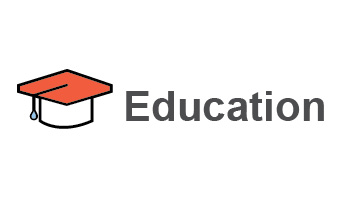
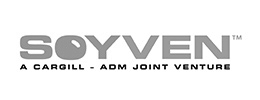

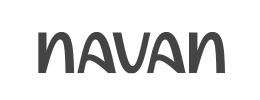
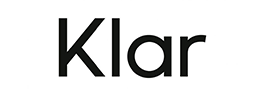


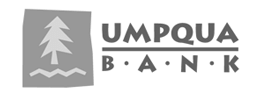
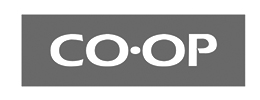

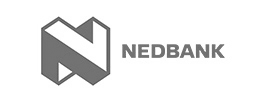


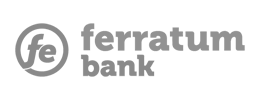
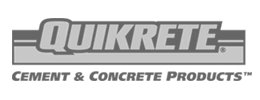

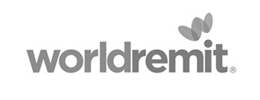






 Quick response
Quick response

